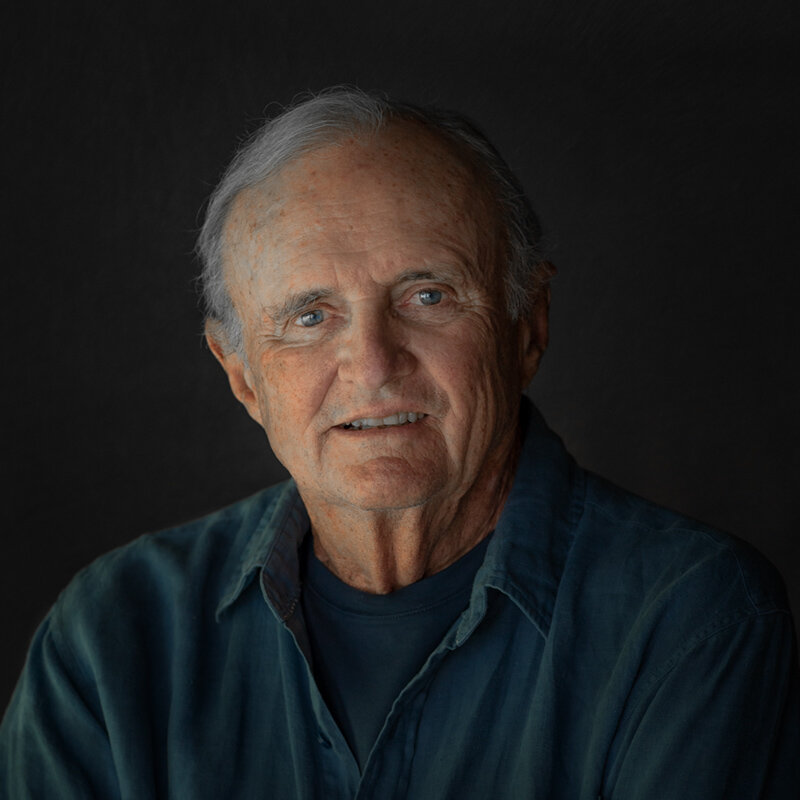Daly Walker is a retired surgeon. His story “Resuscitation” appears in the Fall 2020 Intima.
“Nay Nay’s Rebirth,” a short story that appears in the Spring 2022 edition of Intima, like all good literary fiction, is multilayered. On one level, it is a moving tale of aging, illness, and survival with conflict and complex characters. On another level, it is a treatise on end-of-life decisions that physicians and nurses participate in when caring for the terminally ill. The author of this well-crafted and heartfelt story is Sara Lynne Wright. As a physician assistant in geriatric primary care at Stanford Health Care, Wright is writing about what she knows and does so with skill and compassion.
Nay Nay, the story’s first person narrator and its protagonist, is a 94 year old frail Filipino immigrant. She falls in a shower and suffers an injury that leaves her in bed curled in the fetal position with pain that feels like a red hot iron penetrating her body. A debate with her family about whether to take her to the hospital ensues. Her son, Joshua, who is a nurse, wants everything possible done to extend her life. When he tries to impose his own ideas about what is best for her, Nay Nay says, “I’m ninety-four. I decide what’s healthy for me.”
However, not wanting to offend him, she succumbs to his wishes and agrees to hospitalization where she lies demented with “muscles frozen, waiting for someone—to change my diaper, to bring me food, to watch over me like a child.” Ironically, Joshua, a seasoned health care worker, still wants everything possible done to keep his suffering mother alive. When her doctor asks him if it time for hospice, he replies, “We are not ready for hospice. We’re not giving up on her.” Nay Nay, still not wanting to disappoint her son by asserting her own preference about living or dying, lies silently with closed eyes, finding solace by imagining herself in the comforting embrace of her deceased mother.
Nay Nay’s Story reminded me of At Peace: Choosing a Good Death After a Long Life by Samuel Harrington, a book I recently reviewed for Intima. In At Peace, Dr. Harrington, a retired surgeon, outlines a strategy for making end-of-life decisions that allows for a peaceful conclusion to long, good lives such as the one Nay Nay must have lived. Both Harrington’s book and Wright’s story, one by fact and the other by fiction, explore the obvious but difficult question doctors and nurses grapple with when caring for those at the end of their lives: what is best for the patient? While neither publication gives an absolute answer to the question because patients are idiosyncratic and death is viewed differently in different cultures and religions, both narratives make a case for allowing a comfortable and humane death with minimal suffering, not prolonged by detrimental medical interventions.
Reading “Nay Nay’s Rebirth,” I found myself thinking not only about the decisions the characters in the story make but also about the decisions I have made in taking care of my patients and my elderly parents and decisions that someday will be made concerning my own end of life. One can only hope that empathy and understanding will dictate the choices that are made.—Daly Walker
Daly Walker is a retired surgeon. His fiction has appeared in The Sewanee Review, The Louisville Review, The Southampton Review, Catamaran Literary Reader, The Saturday Evening Post, and The Atlantic Monthly and been shortlisted for Best American Short Stories, a Pushcart Prize, and an O’Henry award. His book Surgeon Stories was published by Fleur-de-lis Press; a second collection, The Doctor's Dilemma, was recently published. He divides his time between Boca Grande, Florida and Quechee, Vermont and teaches a fiction writer’s workshop at Dartmouth College in Osher@Dartmouth’s summer program. His story “Resuscitation” appears in the Fall 2020 Intima.

